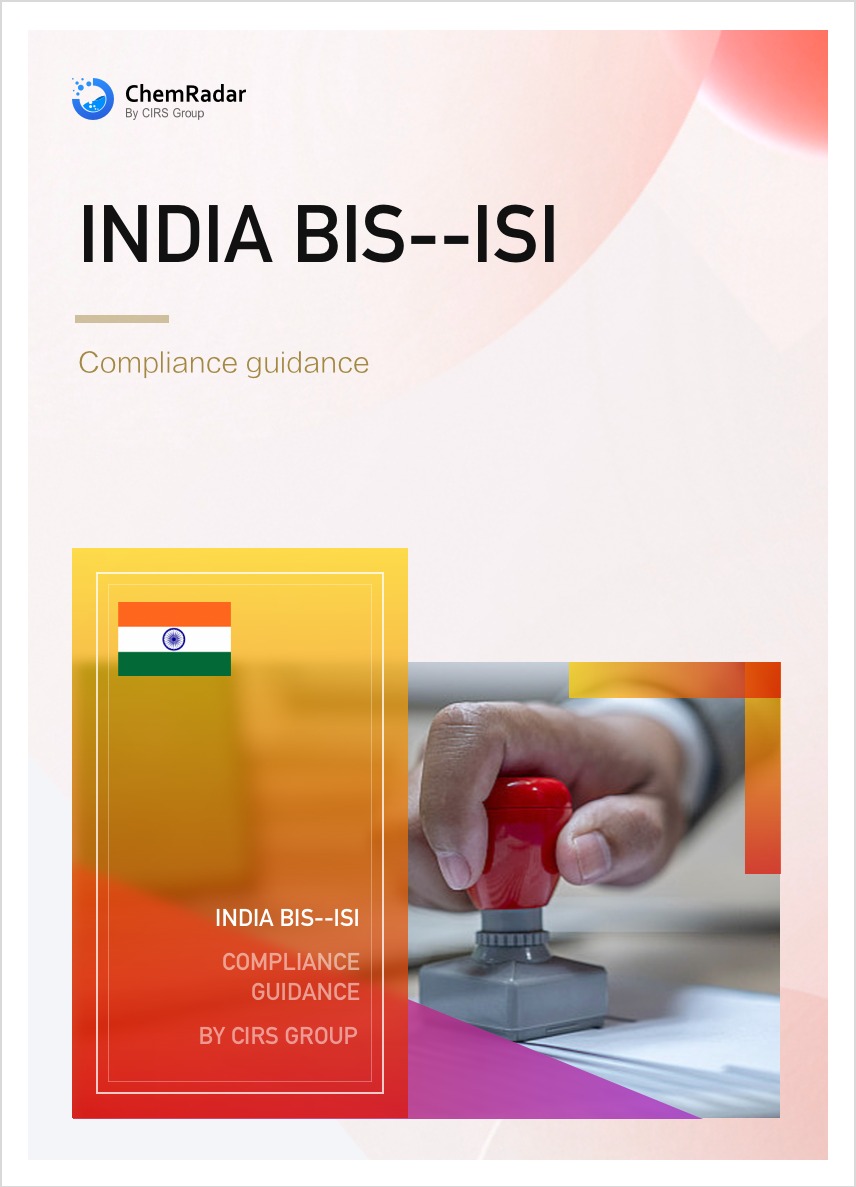The Department of Chemicals and Petrochemicals (DCPC) in India recently issued two significant notifications, postponing the implementation dates of the mandatory Quality Control Orders (QCO) for two chemicals. This move provides a crucial adaptation window for global suppliers, including Chinese manufacturers, but also highlights the increasingly stringent compliance thresholds for entering the Indian market.
The implementation dates for the two chemicals are as follows:
|
Goods or Items |
Application |
Original Implementation Date |
New Implementation Date |
|
Polypropylene (PP) Materials for Moulding and Extrusion |
Widely used in packaging, automotive parts, consumer goods, home appliances, and the construction industry |
June 24, 2025 |
October 24, 2025 |
|
Poly Vinyl Chloride (PVC) Homopolymers |
Widely used in pipes, cables, non-food packaging, medical equipment, and the construction industry |
June 24, 2025 |
December 24, 2025 |
Once these QCOs are implemented, manufacturers of these chemicals must apply for licenses from the Bureau of Indian Standards (BIS). The products must bear the standard mark under the license. The orders do not apply to chemicals intended for export only. All relevant manufacturers must comply with these new orders. Those who fails to comply with the orders shall be penalized in accordance with the provisions of the Bureau of Indian Standards Act (BIS Act), 2016.
The adjustment of the QCO for PP and PVC is part of India's extensive regulation. Currently, India has issued over 105 QCOs, covering more than 1000 chemical substances. Indian officials state that the QCO system is designed to close regulatory gaps, prevent the influx of low-quality products into the domestic market, ensure consumer safety, and promote the healthy development of industries.
The postponement of the QCO implementation provides critical buffer time for Chinese PP and PVC exporting businesses. Companies should promptly familiarize themselves with certification requirements, processes, necessary documents, and fees, and submit their applications as soon as possible to utilize the buffer period for certification. Additionally, understanding the target product's corresponding standards for testing methods and quality requirements, assessing the existing product's deviation from the standards, and making adjustments to ensure compliance are crucial. Furthermore, businesses should keep an eye on India's expanding QCO coverage, closely monitor other chemicals that may be affected in the future, and enhance long-term competitiveness by improving product quality and optimizing supply chains.
Further Information

